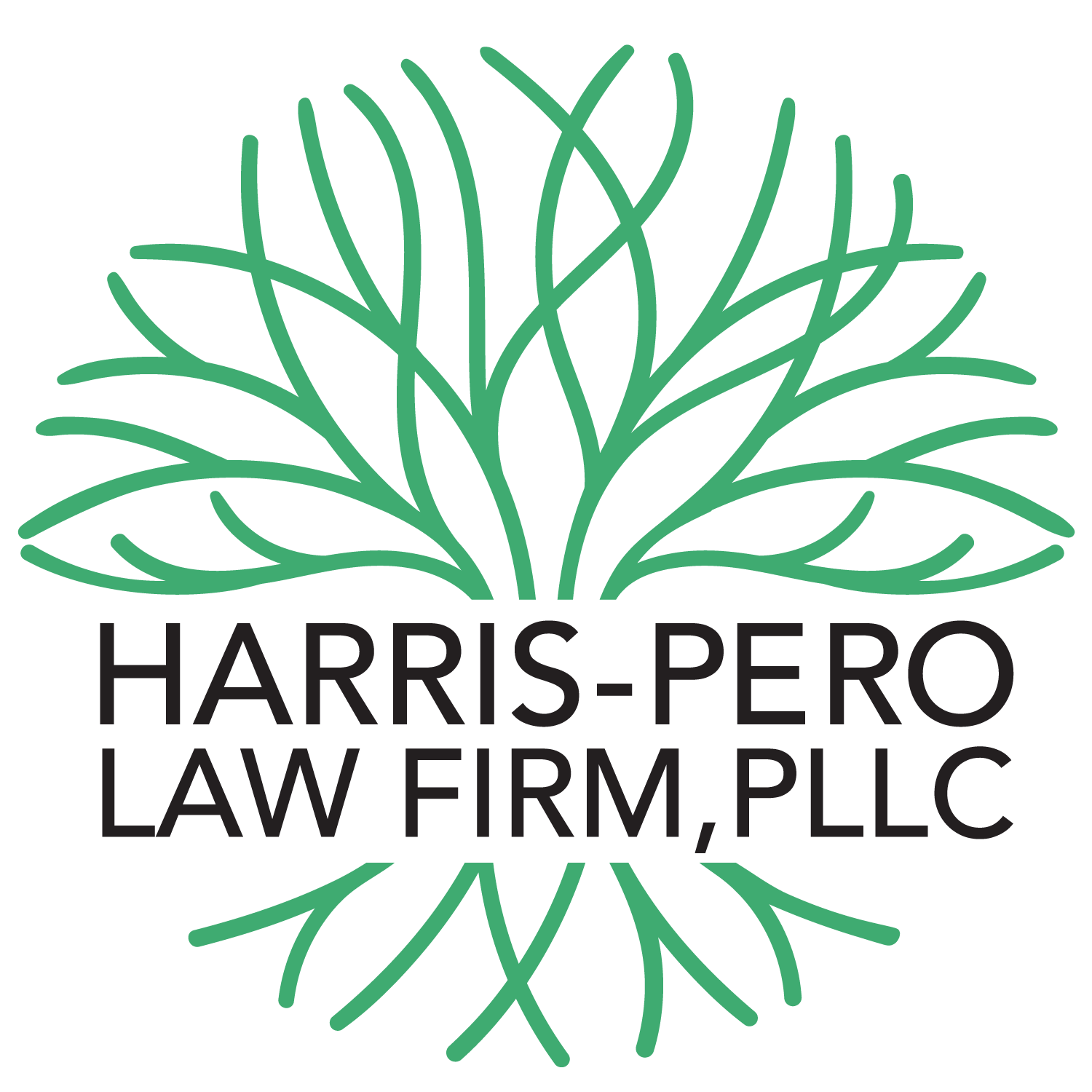The Battleground: Wills vs. Trusts
Have you ever wondered what the difference between these two is?
People often ask us, "which is better: a Will or a Trust?" The short answer is: they’re different. Almost everyone needs a Will, while some people may also benefit from a Trust. We take pride in being a firm that gets to know the facts about a potential client before proposing a solution. Each person approaches estate planning with different circumstances and concerns, so there is no “one size fits all” estate plan. Just as you and your neighbor may have differing opinions or views, each of you may have vastly different estate plans. I had a professor in law school who always answered questions with, "it depends" and, "if you change the facts, you change the answer." In our practice, we find this to be true all the time. We hear our clients’ concerns and develop an individualized estate plan that addresses those concerns.
A Last Will and Testament (commonly called a "Will") allows you to direct where your assets will go when you pass away, which is a concern many of us have. A Will also allows you to choose the person you want to administer your estate, known as an Executor. If you do not have a Will to provide direction on your assets or choice of Executor, you still have an estate plan which we call the "state's plan." Because, if you do not plan ahead, the state where you reside has a plan for you - written into the state's intestacy laws.
Each of us has different goals and values and your estate plan should be drafted to address those goals and values. And as my law professor said, "change the facts, you change the answer." As life goes on, your goals and values may change and your estate plan may change too. A Will may be sufficient right now, but if ten years go by and you own out of state property or have a long term care concern, you may wish to revisit your estate plan with an attorney to discuss the possible benefits of a Trust.
A Trust is an agreement between you and a Trustee. A Trustee is the person you choose to manage the assets held by the Trust. Trust assets may be owned directly by the Trust, or directed to the Trust upon your death by naming the Trust as beneficiary. There are many different types of Trusts with different purposes. A Living Trust can: help control assets while you are living, direct where assets should be distributed upon your death, protect your assets from long term care expenses, or help you avoid court involvement at death, especially for those who own property in multiple states. Testamentary Trusts are created under your Will and can allow you to put controls and protections in place for your beneficiaries after you’re gone.
Remember, you should have a Will and you may benefit from having one or more Trusts. If you have a Trust, you likely still need a Will to direct any assets that are not owned by or payable to your Trust. You are not expected to know how to best plan your own estate, but you may have ideas and you certainly have the facts. You should share the facts, along with your concerns and goals, with an estate planning attorney that you are comfortable with who can recommend the appropriate estate plan for you.
For example:
Susie and Frank are a young couple with minor children, one house in New York, and about $30K in savings. They have no out of state property and no concerns about family members. They should have a Trust to help direct their assets when they pass away and to name a potential guardian for their children if they both pass away while the children are minors.
Fast forward many years and the couple is earning more money and decide to buy a camp in Maine. Do they need a Trust? Yes, the facts changed and it would be recommended that they have a Trust because they have out of state property. Owning the property in Trust could help avoid court proceedings in Maine.
What about if one of their minor children has special needs? What about later in life when Susie and Frank are planning to retire? Will they need a Trust? They might. Remember, "change the facts, you change the answer."
At Harris-Pero Law Firm, we work every day to help people translate the facts of their lives, listen to their goals, and put together estate plans that include the proper legal language that will serve them best through life's transitions.
